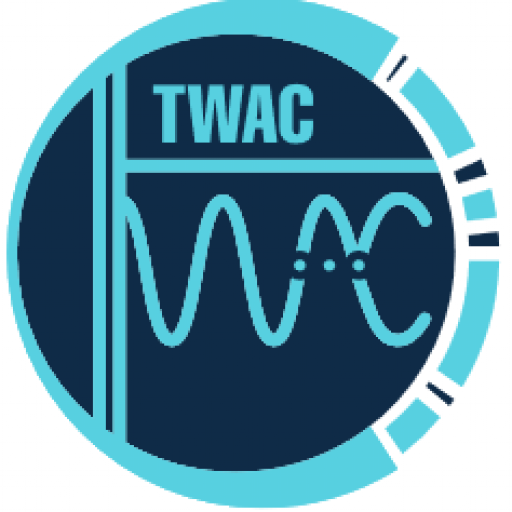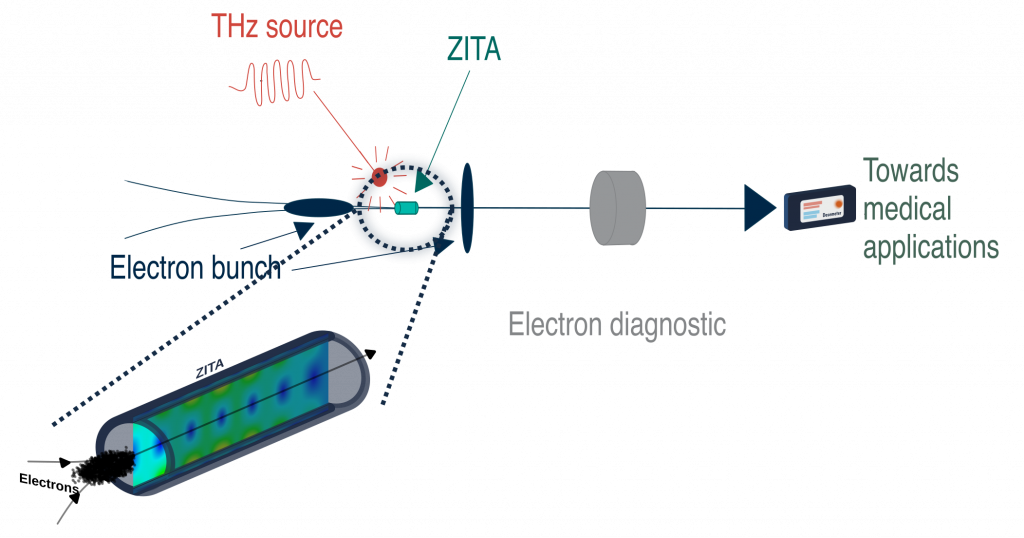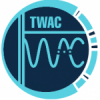What is TWAC ?

TWAC, acronym for “Terahertz Wave Accelerating Cavity”, is a European research project funded by the European Innovation Council (EIC) Pathfinder Open 2021 of the Horizon Europe program. In practice, TWAC aims to develop a new strategy towards compact accelerators at the photonics-accelerator interface, which will enable democratizing the access to femtosecond-scale electron bunch for ultra-fast phenomena studies.
TWAC is supported by the EIC Pathfinder Open. This program supports projects that aim at exploring innovative and risky ideas, likely to lead to the development of new technologies and, ultimately, disruptive innovations. TWAC started in April 2022 and will last 4 years.
More information on European Innovation Council can be found at: https://eic.ec.europa.eu/index_en
What is the purpose of TWAC ?
Particle accelerators are used in a range of applications, from fundamental physics to radiotherapy to the transmutation of nuclear waste. Electron is the easiest particle to produce and manipulate, resulting in an unequaled energy over cost ratio. However, there is an urgent and growing need to reduce the footprint of accelerators in order to lower their cost and environmental impact, from the future high-energy colliders to the portable relativistic electron source for industrial and societal applications.
TWAC proposes a new vision of compact particle acceleration based on THz waves compatible with a compact advanced linear accelerator layout for industrialization. This light and compact accelerator, for which we propose breaking through the current technological barriers, will open the way toward compact industrial accelerators with an energy gain gradient of more than 100 MeV/m and enlarge time access in the medical environment (pre-clinical and clinical phase studies). In addition to the creation of a high gradient accelerating structure, TWAC will overcome the scientific and technological challenges connected to the generation of high peak current electron bunches (physical parameter characterizing the ratio between the bunch charge and duration) with a compact meter-scale layout. This new accelerating structure will offer a compact layout based on a multi-skill competence (nonlinear optics, High power optical source, accelerators, dosimetry) secured by industry partners.
How does TWAC work ?
TWAC proposes simplifying the infrastructure of an accelerator by replacing the well-known RF (Radio-Frequency) sources powering the accelerating structures with optical-based THz (Terahertz) sources.

The key technological components to operate this high peak current compact accelerator are therefore:
- a compact dielectric-coated waveguide, called ZITA (ZITA Is The Accelerator), that will sustain the high peak electromagnetic field needed for achieving compactness with an energy gain gradient of more than 100’s MeV/m. The ZITA device with its cm-scale length and mm-scale diameter will be much lighter than conventional RF accelerating structures.
- a high power THz source, based on nonlinear optics, to drive ZITA.
- a cutting-edge stable femtosecond electron source, to inject into ZITA and reach the high peak current of kA level.
- some compact advanced electron diagnostics to characterize the 10’s of fs electron bunch duration.
